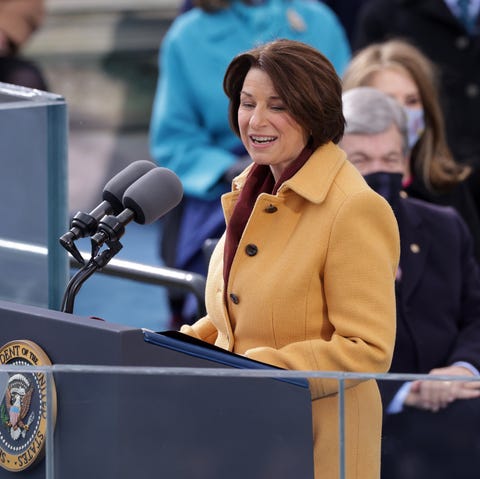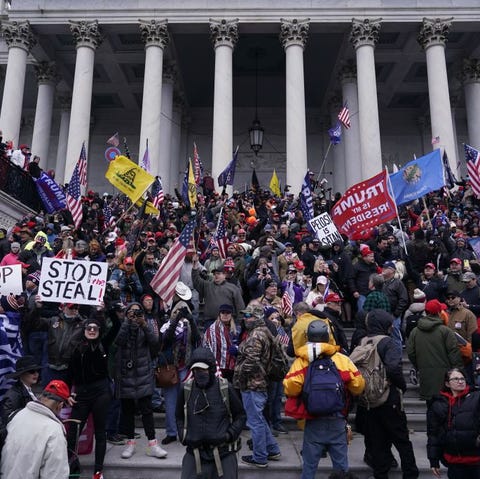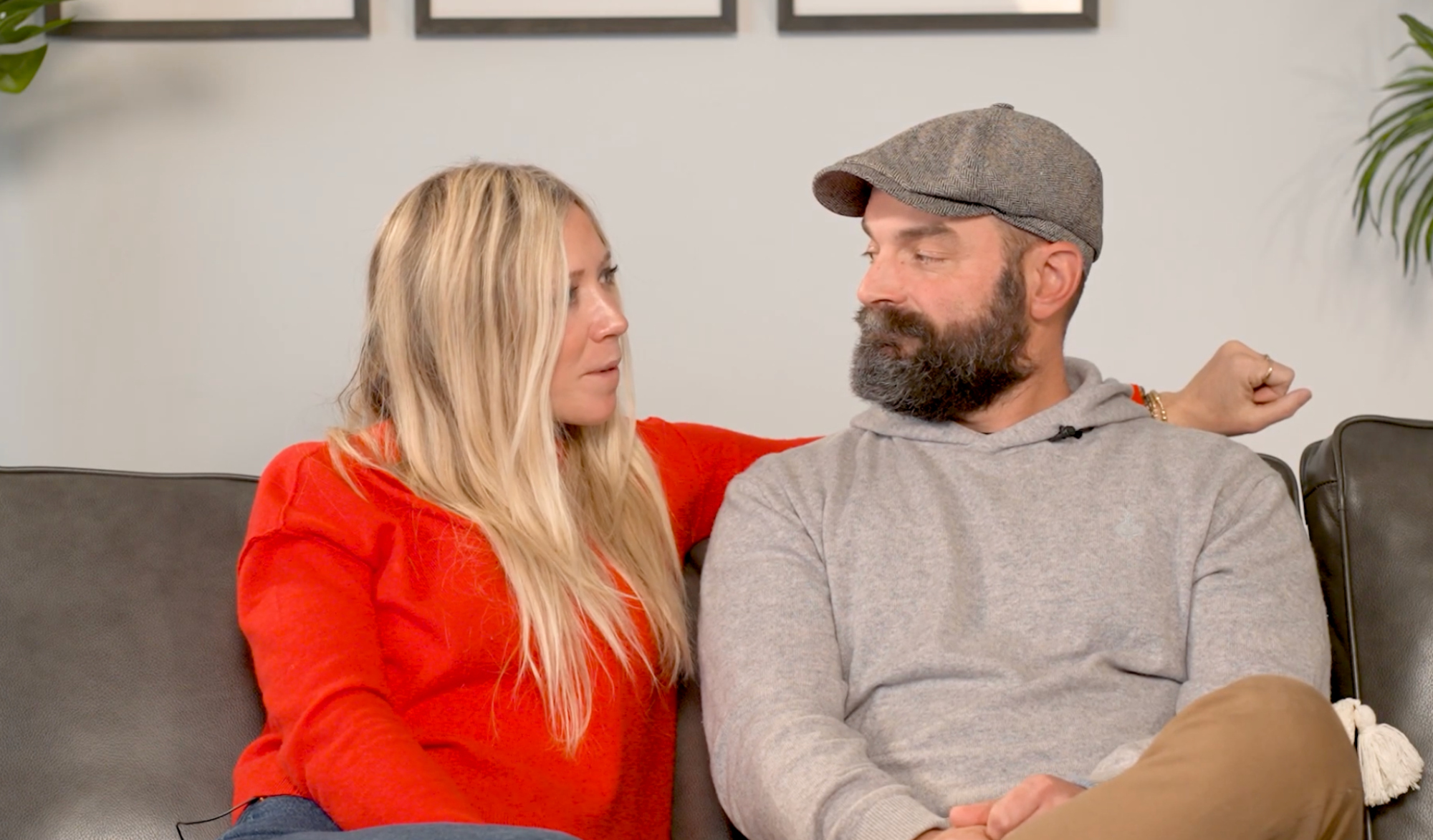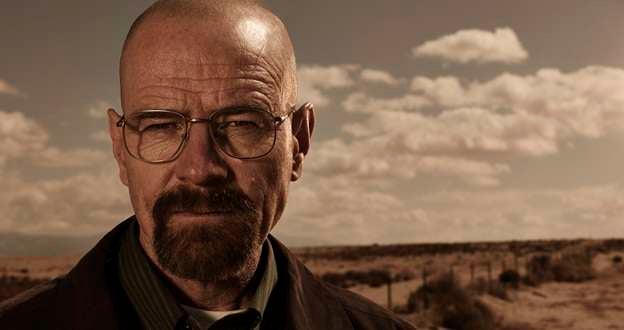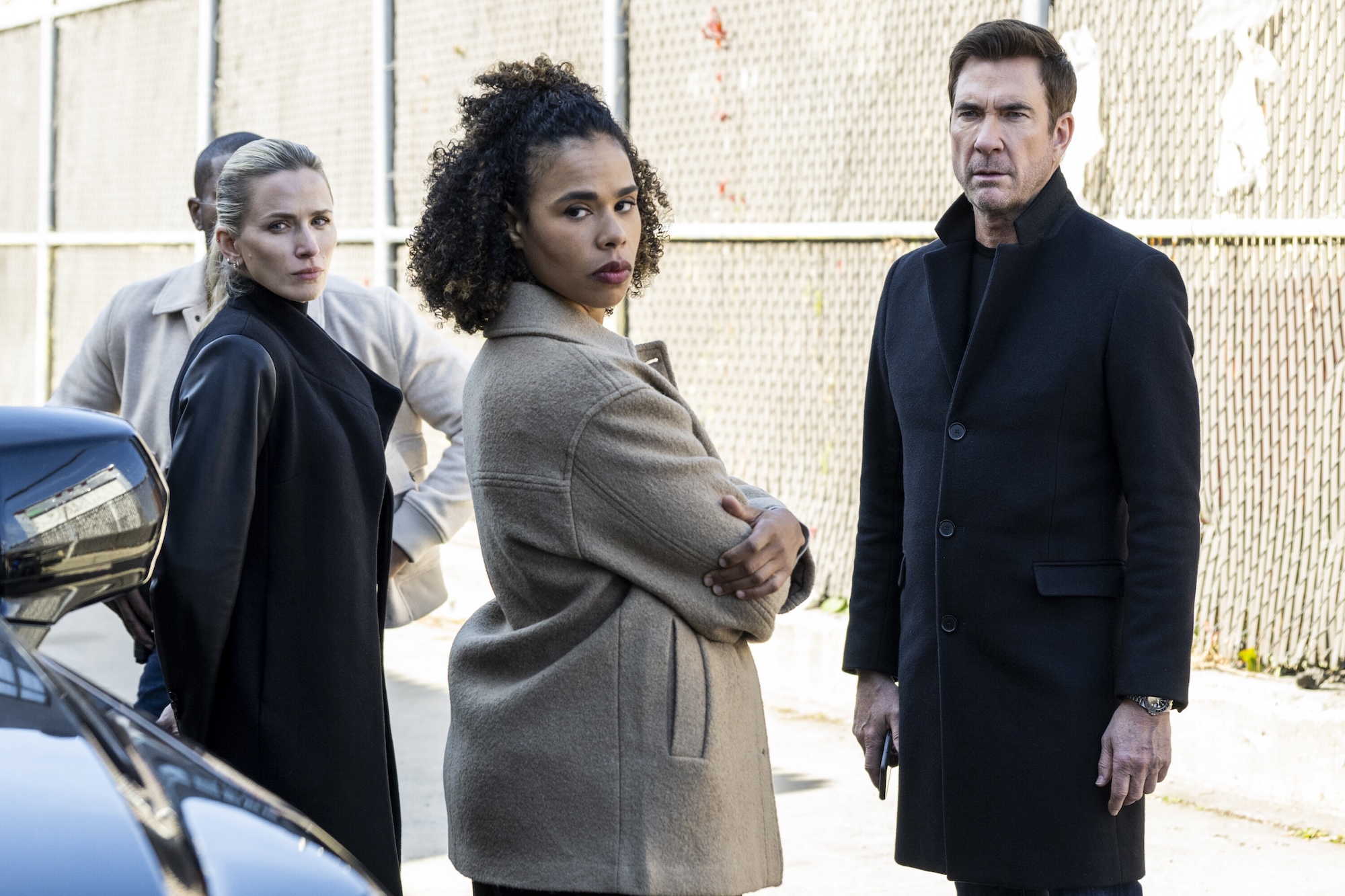Sen. Amy Klobuchar on How the Attack on the Capitol Became an Attack on Voting Rights
One year ago, Sen. Amy Klobuchar was standing in the U.S. Capitol, helping to count the ballots from the 2020 presidential election, when a pro-Trump mob attacked the building and the people inside. The insurrectionists were intent on overturning the election results, and while they failed, 19 states have since passed laws to restrict voting rights. Looking back on Jan. 6, Klobuchar tells ELLE.com that it was only the beginning of a “coordinated effort to introduce legislation all over this country to undermine our democracy.” It’s why she’s now decided to focus her attention on protecting voting rights, including pushing to pass the Freedom to Vote Act, which would expand access and put in place national standards for all voters. Below, she shares, in her own words, what she remembers from that dark day and what the country must do now to move forward.
I was in the House chamber when my staff came over to me and said, “This is getting bad. They’re breaking into the Capitol.” The senators stopped their speeches, and the cops came up and let me know: “They’re in.” They said the senators shouldn’t be standing by the glass and the doors, because there were shots fired elsewhere, so I yelled out, “Get away from the glass! There were shots fired!” and one of the senators said to me, “Stop, you’re scaring people.” It just goes to show what a sudden change it was in our everyday existence.
Then as we were leaving to be taken to another location, a woman yelled, “Get the box with the ballots! Get the box with the ballots!” They grabbed the box, and we got to the undisclosed location where Sen. Roy Blunt and I were essentially in charge since they had brought the Senate leaders to other places. I told everyone, “We’re going to go back. We’re all going to go back there, no matter what, no matter what time it is, we’re going to go back, and we’re reclaiming the chamber,” and everyone cheered.
This content is imported from Twitter. You may be able to find the same content in another format, or you may be able to find more information, at their web site.
By 3:30 a.m., almost everyone had left the Senate except the parliamentarian staff and the pages. I was walking with Sen. Blunt and Vice President Pence, along with these two young women and that mahogany box with the last of the electoral ballots. It was the exact same walk we’d taken the morning before, except that first time was joyful. We were walking there to do our jobs so that the president and vice president would be declared the victors and to uphold our democracy. But this time, we were looking at spray paint and broken glass. It wasn’t just an attack on a building; it was an attack on our republic. We got to that chamber and finished the announced counting, and Vice President Pence declared that Joe Biden and Kamala Harris were the president and vice president.
Two weeks later, on Inauguration Day, I stood up on that same platform that had been targeted by the insurrectionists. There was a bright blue sky and the gold of Amanda Gorman’s coat and snowflakes coming down. I heard Garth Brooks sing “Amazing Grace” and sat there and thought, “Nothing bad is happening today.” I said to the crowd, “Today, our democracy brushes itself off and stands up and goes forward as we always do, one nation under God, indivisible, with liberty and justice for all.” Naively, I thought that was it.
What I didn’t foresee was that the former president would continue to rant and rave and lie, and that there would be a coordinated effort to introduce legislation all over this country to undermine our democracy and make it harder to vote. The bear spray canisters of Jan. 6 became legislation being introduced in Wisconsin or in Texas.
Exhibit A is in Georgia, where they’ve passed a bill that says they don’t have to offer weekend voting during a runoff election. They limited vote by mail. They limited the ballot boxes. It’s what one court called—about a different law a few years back—“discrimination with surgical precision.” That’s what you’re seeing. In Wisconsin, a bill was passed that would’ve drastically reduced the ballot drop boxes in major cities like Milwaukee and Madison. (Gov. Evers vetoed the bill.)
Now we have to build trust in our elections again. To me, that means putting in place some federal minimum standards for elections so people know their vote is going to count, no matter how they vote or who they vote for. You have to go to the root causes of what happened on Jan. 6 and hold people accountable. You have to make sure that everyone has their eyes wide open to what a threat this was, so we don’t dismiss these threats in the future. And lastly, every citizen needs to think about their role in promoting democracy and voting and being part of the civic discussion.
A year later, my thoughts are on the people and the police who were physically attacked that day, and the congressional members and staff who had very close calls. I think about two of my staffers hiding in a closet with only a fork to defend themselves, or the families of officers who died that day or shortly thereafter, some from suicide. I think about Officer Dunn, who was called the N-word repeatedly, or the haunting words of the officer on the police radio that day saying, “Does anyone have a plan? Does anyone have a plan?”
This is an unbelievable moment for our democracy—and it did not end when that last insurrectionist was arrested.
This interview has been edited and condensed for clarity.
This content is created and maintained by a third party, and imported onto this page to help users provide their email addresses. You may be able to find more information about this and similar content at piano.io

